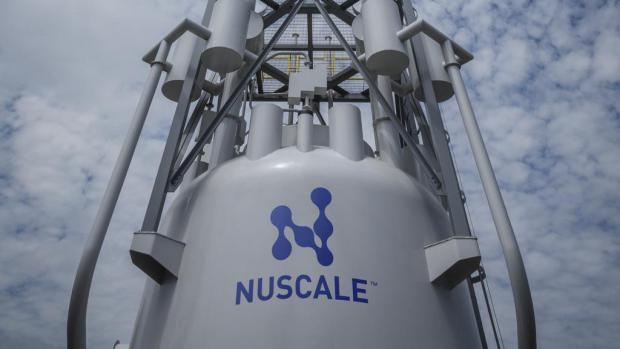
Breaking News
 Is the White House Actually the Overlook Hotel East?
Is the White House Actually the Overlook Hotel East?
 QatarEnergy Declares Force Majeure As One-Fifth Of Global LNG Supply Goes Dark
QatarEnergy Declares Force Majeure As One-Fifth Of Global LNG Supply Goes Dark
 Primary Losers: Crockett Cries 'Disenfranchisement', Crenshaw Crushed
Primary Losers: Crockett Cries 'Disenfranchisement', Crenshaw Crushed
 U.S. Submarine Sinks Iranian Warship In First Torpedo Kill Since WWII
U.S. Submarine Sinks Iranian Warship In First Torpedo Kill Since WWII
Top Tech News
 US particle accelerators turn nuclear waste into electricity, cut radioactive life by 99.7%
US particle accelerators turn nuclear waste into electricity, cut radioactive life by 99.7%
 Blast Them: A Rutgers Scientist Uses Lasers to Kill Weeds
Blast Them: A Rutgers Scientist Uses Lasers to Kill Weeds
 H100 GPUs that cost $40,000 new are now selling for around $6,000 on eBay, an 85% drop.
H100 GPUs that cost $40,000 new are now selling for around $6,000 on eBay, an 85% drop.
 We finally know exactly why spider silk is stronger than steel.
We finally know exactly why spider silk is stronger than steel.
 She ran out of options at 12. Then her own cells came back to save her.
She ran out of options at 12. Then her own cells came back to save her.
 A cardiovascular revolution is silently unfolding in cardiac intervention labs.
A cardiovascular revolution is silently unfolding in cardiac intervention labs.
 DARPA chooses two to develop insect-size robots for complex jobs like disaster relief...
DARPA chooses two to develop insect-size robots for complex jobs like disaster relief...
 Multimaterial 3D printer builds fully functional electric motor from scratch in hours
Multimaterial 3D printer builds fully functional electric motor from scratch in hours
 WindRunner: The largest cargo aircraft ever to be built, capable of carrying six Chinooks
WindRunner: The largest cargo aircraft ever to be built, capable of carrying six Chinooks
Nuscale Will Get 25% More From Modular Nuclear Reactors For Breakthrough Economic Value

This breakthrough in economic value means that Nuscale modules will be clearly superior to all of the conventional large nuclear reactors and competitive against many natural gas and clean coal alternatives.
The overnight kilowatt cost for Nuscale is expected to drop from $3,600 to approximately $2,850.
For power generation capacity capital costs are often expressed as overnight cost per watt. Estimated costs are:
gas/oil combined cycle power plant – $1000/kW (2019)
onshore wind – $1600/kW (2019)
offshore wind – $6500/kW (2019)
solar PV (fixed) – $1060/kW (utility), $1800/kW (2019)
solar PV (tracking)- $1130/kW (utility) $2000/kW (2019)
battery storage power – $2000/kW (2019)
conventional hydropower – $2680/kW (2019)
geothermal – $2800/kW (2019)
coal (with SO2 and NOx controls)- $3500–3800/kW
advanced nuclear – $6000/kW (2019)
fuel cells – $7200/kW
Clean coal has higher operating costs and higher capital costs. Natural gas has high operating costs. The cost is mainly the constant usage of gas.
Nuscale will have very low nuclear-operating costs and baseload power reliability and the 60-year lifespan of nuclear reactors vs 15-25 years for solar and wind.
Hydropower requires flooding a large area of land and usually requires a river with the right characteristics.

 RNA Crop Spray: Should We Be Worried?
RNA Crop Spray: Should We Be Worried?

